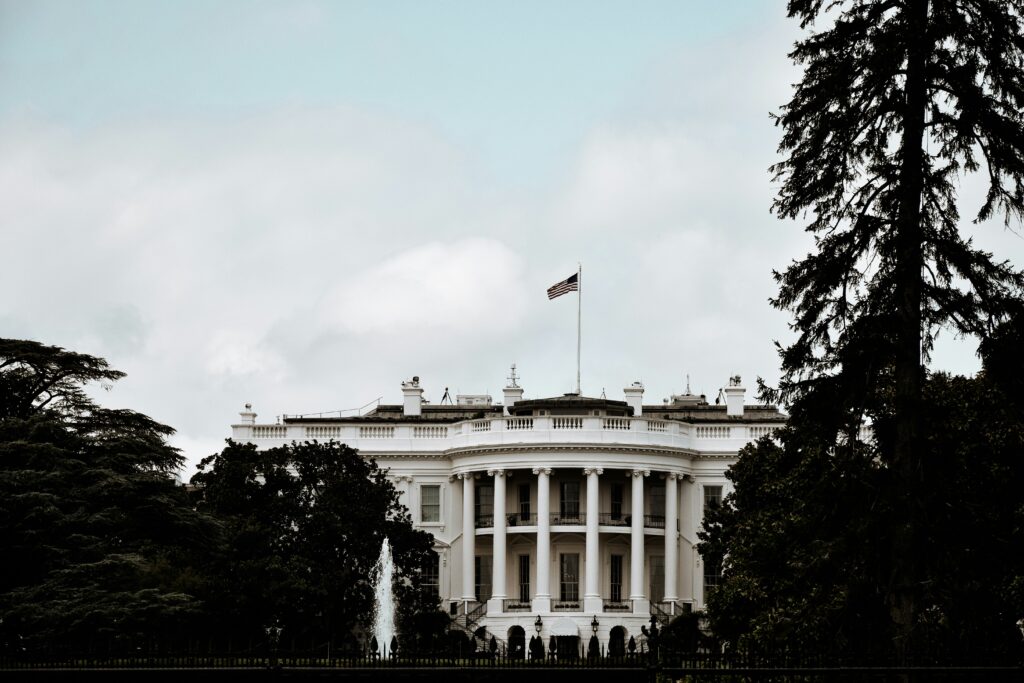It may come as a surprise to know that nearly half of the world’s population (49%) heads to the polls in 2024. This encompasses 64 countries and the European Union, having scheduled elections throughout the year.
For many these elections take place amidst the backdrop of the COVID-19 pandemic, new disease outbreaks and ongoing public health challenges.
The ballot box will arguably become the intersection of public health and political interest, with the outcomes influencing global health priorities, pandemic preparedness and health equity.
Overview of elections globally
African Elections

There are at least twenty elections scheduled across Africa (37% of the continent), including South Africa, Liberia, and Nigeria, will reveal the continent’s approach to strengthening public health systems, addressing endemic diseases, and implementing sustainable public health funding.
Elections in Asia: Indonesia and India
Indonesia: With Indonesia being the world’s fourth-most populous nation, its elections took place in February, with 80% of 205 million registered voters across 17,000 islands and three time zones participating, making it the world’s largest single day election.
India: The largest election election in the world (970 million voters), will provide a barometer for national politics with public health policies under scrutiny as the country seeks to bolster its healthcare infrastructure.
Elections in conflict-regions

Some countries such as South Sudan, Ukraine, Russia, Syria and Mali are facing conflict situations. This has maintained the status quo with potential election dates rescheduled, leaders re-elected or postponed indefinitely. The health crises continue with some alleviation through humanitarian aid.
European Elections
European Parliament: The European Parliament elections will reflect the continent’s commitment to collaborative healthcare policies, digital health records, and pandemic response strategies.
The United Kingdom is navigating political shifts that could realign their national healthcare priorities with a date recently announced for July elections.
United States Elections

In the United States, the 2024 presidential election will determine not only the national trajectory but also the global influence of American policies. The handling of the COVID-19 pandemic, healthcare reforms, and the stance on global health organizations are set to feature across political debates. Previous elections pointed to the effects of the polls on mental health, food security and the impact of COVID-19 on electoral results. Whilst these effects were felt locally, the upcoming election outcome will undoubtedly impact the United States’ ability to shape global public health initiatives, funding, and emergency response.
The intersection of public health and politics
Geo-Genomic Politics
Elections in 2024 hold immense significance because they could redefine global alliances, national priorities, and approaches to major issues like public health. Governments will set their health policies, potentially impacting international cooperation on disease surveillance, genomic data sharing, and vaccination campaigns. The change in political landscape by the end of year could mark a change in international cooperation, affecting the way countries share data and resources. Diseases do not respect borders, and such resources are key in crafting strategies for controlling infectious diseases and addressing chronic health challenges.
Pandemic Preparedness and Response
Recent years have underscored the critical role of public health in national security and economic stability. The COVID-19 pandemic highlighted the essential nature of robust public health systems and the dire consequences of their neglect. The topic of public health is a contentious issue, with candidates leveraging their visions and policy proposals to a populace more attuned to the nuances of health care systems and epidemic preparedness than ever before. This awareness will pressure candidates to outline robust pandemic preparedness plans and improve global health security.
Health Policy Priorities
Driven by political change, health priorities set out by a government can have drastic effects on areas of public health. Proposed expansion or cuts to public health infrastructure and research funding budgets will affect future pandemic preparedness.
These elections also present an ideal opportunity for policymakers to address inequities by improving healthcare access and targeting social determinants of health. Targeted reforms to healthcare service (bridging a gap in service delivery to patients on the ground) impacts the accessibility, affordability and quality of care received.
While an increased investment in innovation is welcomed, there is a lack in some governments failing to exercise effective regulatory authority. Issues such as data privacy, equitable resource allocation and international collaboration in implementing health policy can be resolved with capable leadership to reassure voters.
Conclusion
The 2024 elections present a significant opportunity for individuals to influence the future of public health and genomic epidemiology in their countries. The decisions made at the polls will affect funding, access to healthcare, and the regulatory frameworks essential for advancing public health technologies and strategies. The impact of these elections on public health policy will have long-lasting implications for the entire globe’s ability to manage and prevent future health crises effectively.
Jamie Southgate



